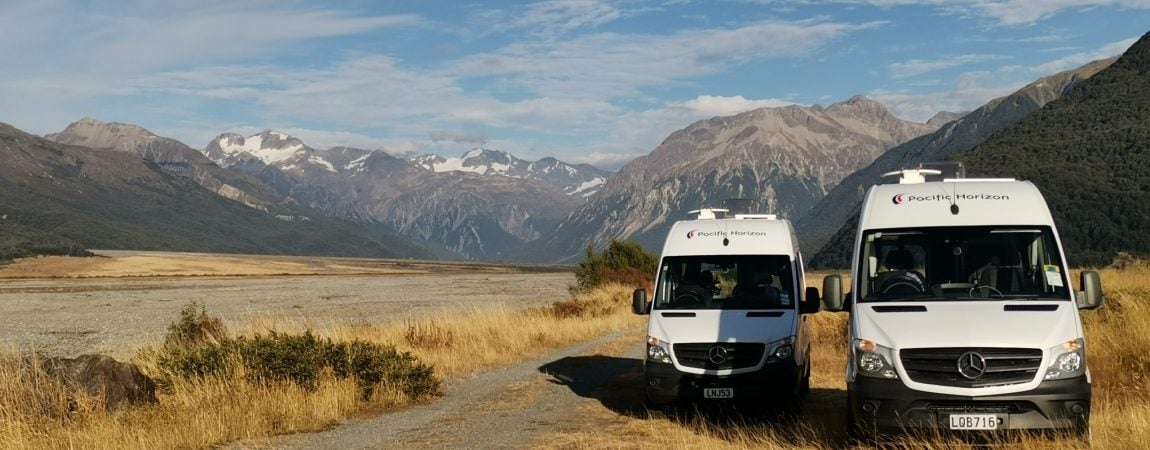
Embracing Sustainable Tourism
The importance of sustainable tourism has become increasingly recognised around the globe. As we become more aware of our environmental impact, finding ways to travel responsibly and limit our footprint has moved to the forefront of many travellers’ minds. New Zealand, renowned for its stunning landscapes and biodiversity, is acutely aware of the need for sustainable practices to preserve its natural treasures. The rise of campervan hire is a reflection of this change in mindset.
By opting for a campervan adventure, travellers are directly contributing to a more sustainable model of tourism. Not only does this choice provide a unique, intimate way to explore New Zealand’s scenic routes, but it also aligns with the values of eco-conscious tourists.
Campervan travel champions the principles of sustainable tourism, from reduced fuel consumption and emissions to minimal impact on natural habitats and efficient use of resources. The sector is continually innovating to further decrease its environmental impact and offer eco-friendly solutions.
Improving Fuel Efficiency and Lowering Emissions
A key element of sustainable campervan travel lies in its fuel efficiency. Modern campervans, equipped with advanced engines, offer increasingly better fuel economy. This means that while you traverse New Zealand’s landscapes, your journey consumes less fuel and produces fewer emissions compared to traditional vehicles.
This efficiency becomes even more significant when you consider that a campervan serves a dual purpose. By combining your transport and accommodation into one package, you’re effectively reducing the overall energy usage. Compared to the energy consumed by traditional hotel accommodation – think lighting, air conditioning, daily cleaning services – the advantages of campervan travel become distinctly clear.
Campervan travel often means fewer vehicles on the road, especially for group travel. This reduction leads to lower cumulative fuel consumption and emissions, contributing to cleaner air and less environmental impact.
Honouring and Preserving Natural Habitats
New Zealand’s diverse ecosystems are both its pride and its treasure. The country is committed to protecting these delicate habitats from the potential adverse effects of tourism. Responsible campervan travel aligns perfectly with this goal, allowing travellers to explore while minimising their impact on the natural environment.
Staying within designated camping sites or holiday parks is a crucial part of this. These facilities are thoughtfully designed to accommodate visitors with as little disruption as possible to the surrounding ecosystems. They offer vital infrastructure such as waste disposal systems, ensuring that waste generated by tourists is properly managed and doesn’t end up polluting the local environment.
For those who choose freedom camping or wild camping, it’s vital to respect local rules and regulations. These are in place not only for the safety and comfort of travellers but also to protect local ecosystems from damage. These guidelines often include responsible waste disposal, limiting noise pollution, and leaving no trace of your visit. By abiding by these rules, campervan travellers can enjoy New Zealand’s natural beauty while ensuring its preservation for future generations.
Responsible Waste Management and Recycling Practices
Effective waste management is a fundamental aspect of sustainable tourism. When embarking on a campervan journey, travellers have a unique opportunity to take control of their environmental impact, particularly in terms of the waste they produce.
Starting with the basics, choosing to use reusable dishes, cutlery, and containers over disposable alternatives can substantially reduce plastic waste. This simple switch, coupled with careful meal planning, can also minimise food waste, another significant issue in waste management.
With the ability to prepare meals in your mobile kitchen, it’s easier to manage portion sizes and avoid unnecessary food waste. Plus, cooking for yourself gives you the freedom to choose locally-sourced, organic produce, further supporting sustainability.
A significant part of responsible waste management lies in effective recycling practices. Many holiday parks and camping sites across New Zealand are equipped with recycling facilities, allowing travellers to sort and dispose of their recyclable waste correctly.
Contributing to Local Economies and Respecting Cultural Heritage
Sustainable tourism extends beyond environmental preservation. It’s also about supporting local communities and respecting cultural heritage. When travelling in a campervan, you have the freedom to explore less frequented regions and immerse yourself in local cultures, thereby contributing directly to local economies.
As a campervan traveller, you can make a conscious choice to patronise local businesses. Whether it’s purchasing groceries from a local farmer’s market, enjoying a meal at a family-run restaurant, or buying artisan products, every dollar spent helps to sustain these small businesses and, in turn, the local community.
New Zealand is rich in cultural heritage, and understanding and respecting this is an essential part of sustainable travel. This might involve learning about the history and traditions of the local Maori people, respecting sacred sites, or simply being a courteous and respectful visitor.
Remember, every interaction with the local community is an opportunity to learn, exchange ideas, and promote mutual understanding and respect. By travelling sustainably, you’re not only preserving the environment for future generations but also contributing to a balanced and fair tourism ecosystem. After all, sustainability is about creating a harmonious relationship between people, the economy, and our planet.
Pacific Horizon 2022 © Terms and Conditions
Powered by Rainbow Creative | Firefly
